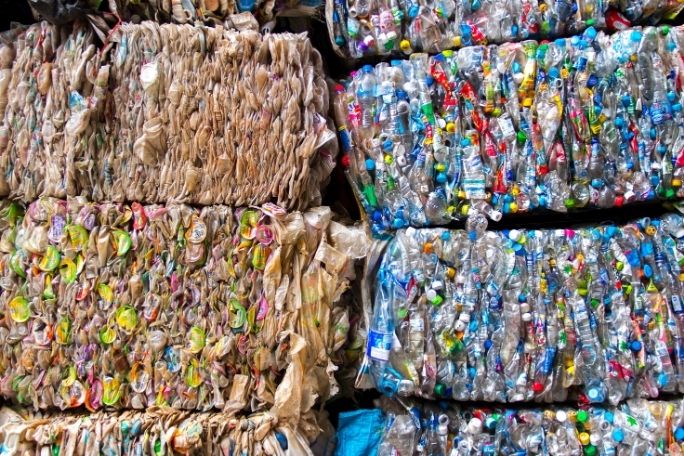Lesson summary
In this lesson, students will practise data collection and graphing while auditing the recycling habits of their class. They will consider the importance of recycling, the items that can be recycled and discuss ways to improve the recycling habits of the class.
Learning intentions:
Students will...
- be able to create a column graph using data they have collected
- be able to place recyclables in a suitable bin when disposing of them
Success criteria:
Students can...
- use tally marks to record data
- create a column graph and colour in the correct number of squares to show their data
- name what the five recycling groups are (paper and cardboard, steel, tin, plastics and glass)
Lesson guides and printables
Lesson details
Curriculum mapping
Australian curriculum content descriptions:
Year 1 Mathematics:
- Represent data with objects and drawings where one object or drawing represents one data value. Describe the displays (ACMSP263).
Syllabus outcomes: MA1‑1WM, MA1‑3WM, MA1-17SP.
General capabilities: Numeracy, Critical and Creative Thinking.
Cross-curriculum priority: Sustainability OI.8.
Relevant parts of Year 1 achievement standards: Students collect data by asking questions, draw simple data displays and make simple inferences.
Unit of work: Visy Education – Primary Mathematics.
Time required: 60 mins.
Level of teacher scaffolding: Medium – some students may require support converting data into a graph.
Resources required
- Device capable of presenting video to the class
- Classroom bins
- Empty bin or tub to transfer items into while collecting data
- Four pairs of tongs
- Student Worksheet (printed, one per student)
- Recycling Guidelines poster (one set to display)
- Data graphing sheet (to display)
Skills
This lesson is designed to build students’ competencies in the following skills:
- Collaboration
- Communication
- Community engagement
- Creativity
- Critical thinking
- Global citizenship
Additional info
This lesson has been developed in partnership with Visy. For over 70 years Visy has been committed to finding sustainable solutions for Australia and New Zealand’s recyclables and helping to reduce local landfills. Visy collects, receives and sorts paper, cardboard, glass, plastics, steel and aluminium from households, businesses and schools with the purpose of reusing these products in the re-manufacture of new packaging products.


Welcome back!
Don't have an account yet?
Log in with:
By signing up to Cool.org you consent and agree to Cool's privacy policy to
store, manage and process your personal information. To read more, please see
our privacy policy here(Opens in new tab).
Create your free Cool.org account.
Many of our resources are free, with an option to upgrade to Cool+ for premium content.
Already have an account?
Sign up with:
By signing up to Cool.org you consent and agree to Cool's privacy policy to
store, manage and process your personal information. To read more, please see
our privacy policy here(Opens in new tab).